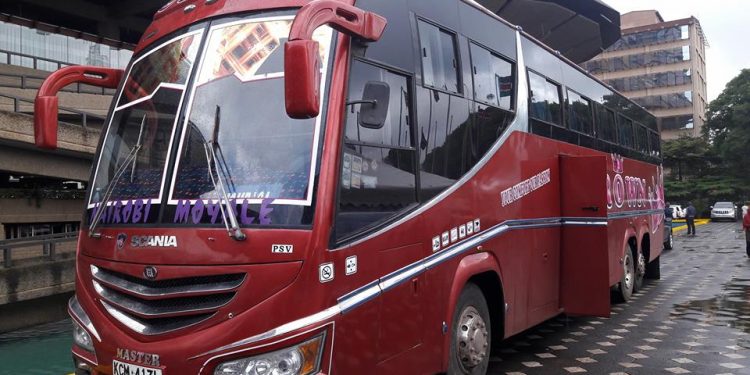The United States has sanctioned Kenyan-based transport company Crown Bus and 15 other companies and individuals for facilitating Al-Shabaab’s $100million annual income flows.
- The sanctioned companies include Haleel Commodities Ltd, which is based in Dubai and has subsidiaries in Kenya, Uganda, Somalia, and Cyprus.
- The designation also includes Mohammed Jumale Ali Awale and Faysal Yusuf Dini, both based in Kenya, and at least one other Kenyan national.
- In addition to being part of al-Shabaab’s financial network, the US says that Crown Bus has also “supported al-Shabaab’s logistical operations.”
“Today’s action is part of a multifaceted effort by Treasury to support the Somali government’s economic offensive against al-Shabaab—one of three pillars in their campaign to degrade this deadly terrorist group,” Brian E. Nelson, Under Secretary of the Treasury for Terrorism and Financial Intelligence, said in a statement.
The US’ Office of Foreign Assets Control (OFAC) said that Awale and Dini’s designations are linked to each other, and to Haleel Group and Crown Bus Services. The list also includes at least three other individuals linked to Haleel’s operations in Kenya, Uganda, Cyprus and the UAE.
One of them, Farhan Hussein Hayder, who the US says “directs and manages Haleel Group’s branches in Kenya, Uganda, Cyprus, and the UAE, and supports al-Shabaab by generating funds”, has previously been investigated by anti-terror police in Kenya, according to a Ugandan court document.
- Haleel Commodities, also known as Haleel Group, is a multinational operation whose subsidiaries include a fintech unit in Cyprus and an electronics company in Somalia.
- Crown Bus Service was founded in 2004 and launched full operations on the Nairobi-Mombasa route in August 2006, according to the company’s profile on LinkedIn.
- It now covers a wide network connecting Mombasa, Nairobi, Western Kenya and destinations in Uganda.
In May 2018, Uganda’s Financial Intelligence Authority froze the accounts of Haleel Group’s subsidiary and those of five other companies on suspicion that they were part of a terror financing network. The companies sued the authority and the freeze orders were lifted in September 2019.
Why it Matters
The designation against companies and individuals for financing terror mainly includes sanctions against doing business in the United States or with American companies. But its true power works similar to a global blacklist since “engaging in certain transactions with the individuals designated today entails risk of secondary sanctions.”
It is likely that the designation will bring renewed interest in the Kenya and Uganda based companies from local anti-terror and anti-money laundering authorities, and complicate their relationships with lenders and financial institutions.




